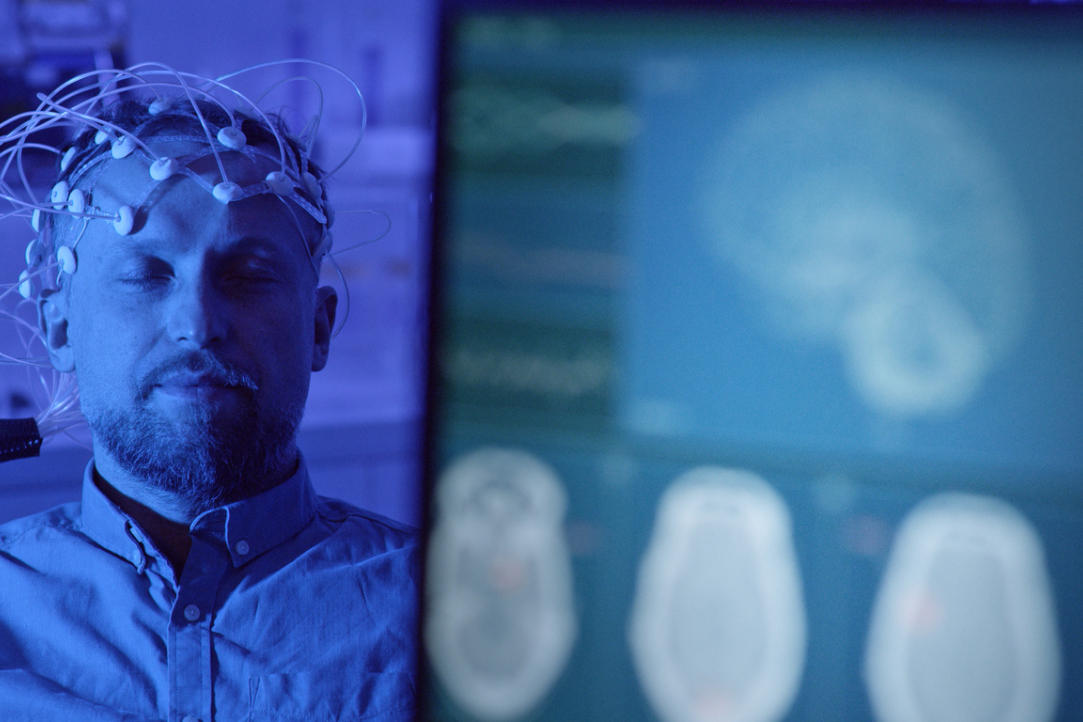
Artificial Neurons Help Decode Cortical Signals
Russian scientists have proposed a new algorithm for automatic decoding and interpreting the decoder weights, which can be used both in brain-computer interfaces and in fundamental research. The results ofthe study were published in the Journal of Neural Engineering.
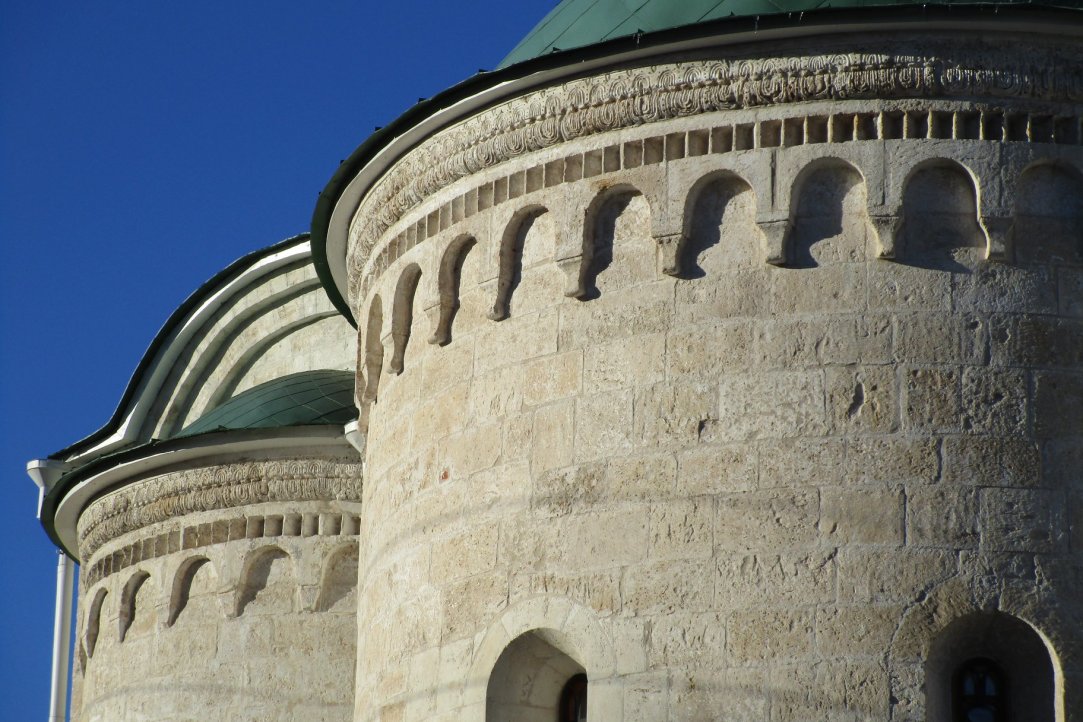
3D-Modelling Helps Read Ancient Russian Inscriptions of the 12th and 13th Centuries
Using 3D-modelling, researchers of HSE and the Institute of Slavic Studies of the Russian Academy of Sciences (RAS) have restored and deciphered an ancient literary monument of North-Eastern Ancient Rus — inscriptions about the murder of Prince Andrey Bogolyubsky written in 1175–1176 on a wall of the cathedral in Pereslavl-Zalessky. The study was published in Slověne = Словѣне. International Journal of Slavic Studies.

Twelve Trends Among Contemporary Russian Women
Every year, HSE University carries out dozens of studies on women’s lifestyles, behaviours, and changes in family, social, and economic status in Russia. IQ.HSE editors have selected the most essential trends revealed by these studies about Russian women today.
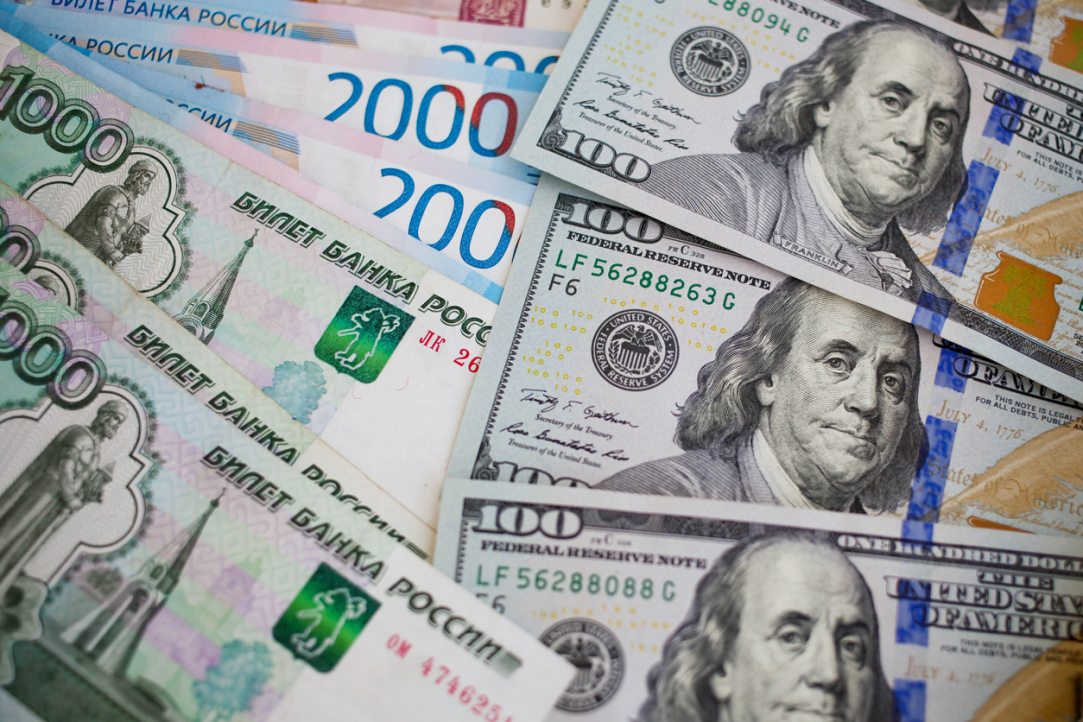
Researchers Find a Connection Between Trump’s Tweets and the Exchange Rate of the Rouble
Tweets about Russia by Donald Trump during his presidency caused short but noticeable depreciations of the rouble. Meanwhile, the introduction of new sanctions, upon which the president did not comment, had no such effect. This was the finding of a group of researchers, which included Elena Fedorova, Professor of the Faculty of Economic Sciences of HSE University. The group published their findings in in the Journal of Economic Behavior and Organization.
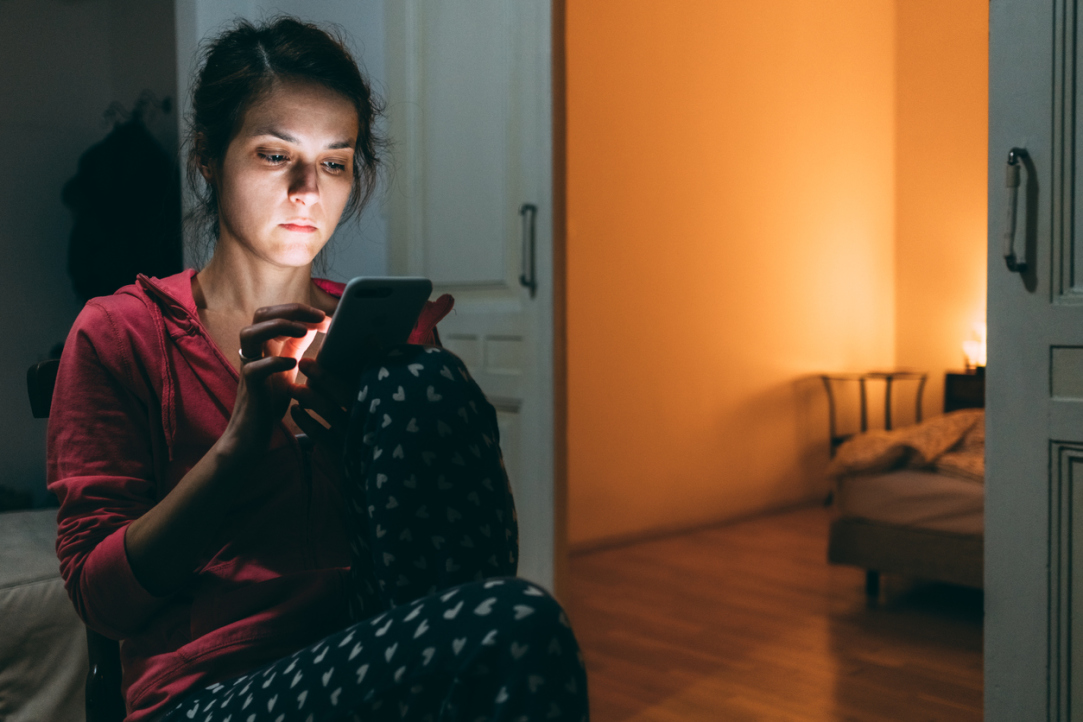
Online Platforms Prove to Be Effective in Helping People in Russia Who Use Drugs
The pandemic has increased opportunities to reduce harm resulting from drug use. Against the backdrop of quarantine measures in Russia, an increase in the active development of work through online platforms with people who use drugs has begun. The available results have already demonstrated their effectiveness.
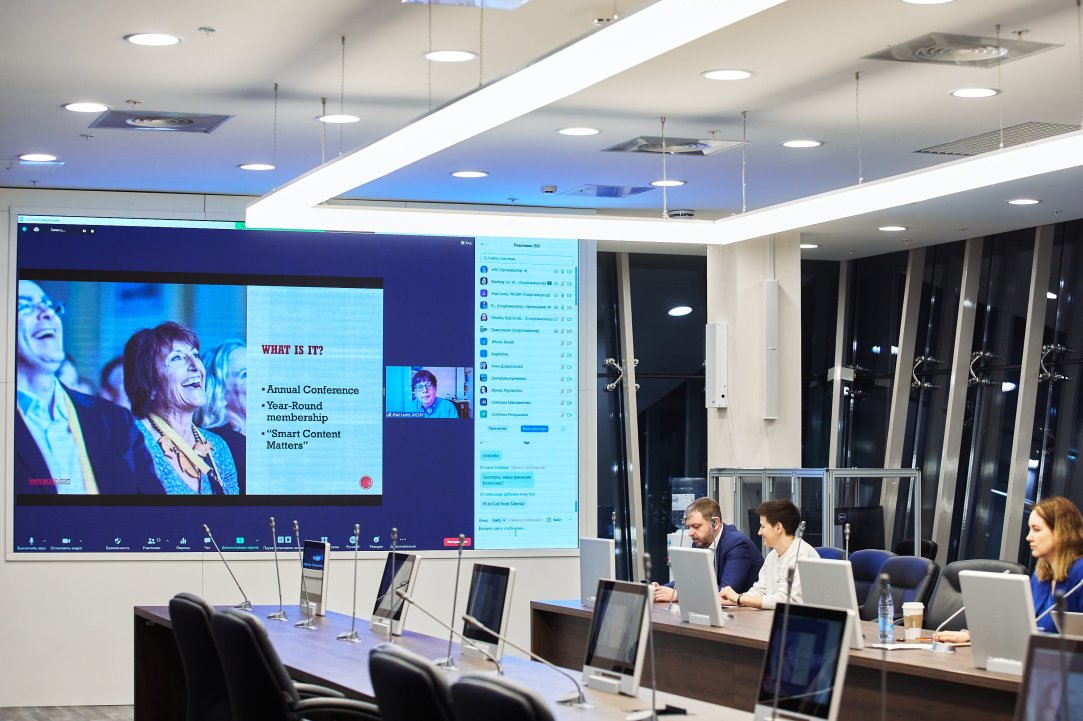
‘Science and Art Coming Together is a Key Global Trend’
HSE University held a round table devoted to science documentaries. The participants discussed possible approaches to securing support for movie production and distribution, choosing topics of interest, and encouraging cinemas to show films about science.
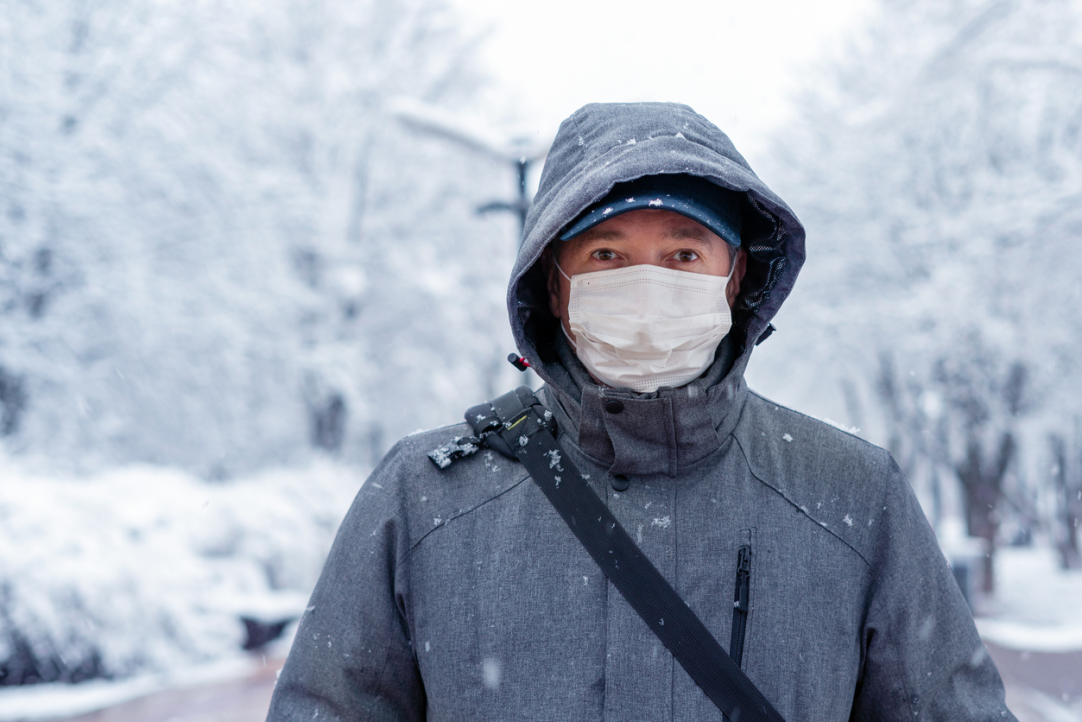
COVID-19 Denial Depends on a Population’s Trust in Social Institutions
An international team of scholars studied how the COVID-19 pandemic has impacted Europeans’ stress levels and their trust in their national governments and the healthcare systems. They found that respondents were most stressed by the state of the national economy, and only after that, by the risk of catching COVID-19 and possibly being hospitalized. In Western Europe, people trust their governments more than in other EU countries. The results of the study were published in Royal Society Open Science.
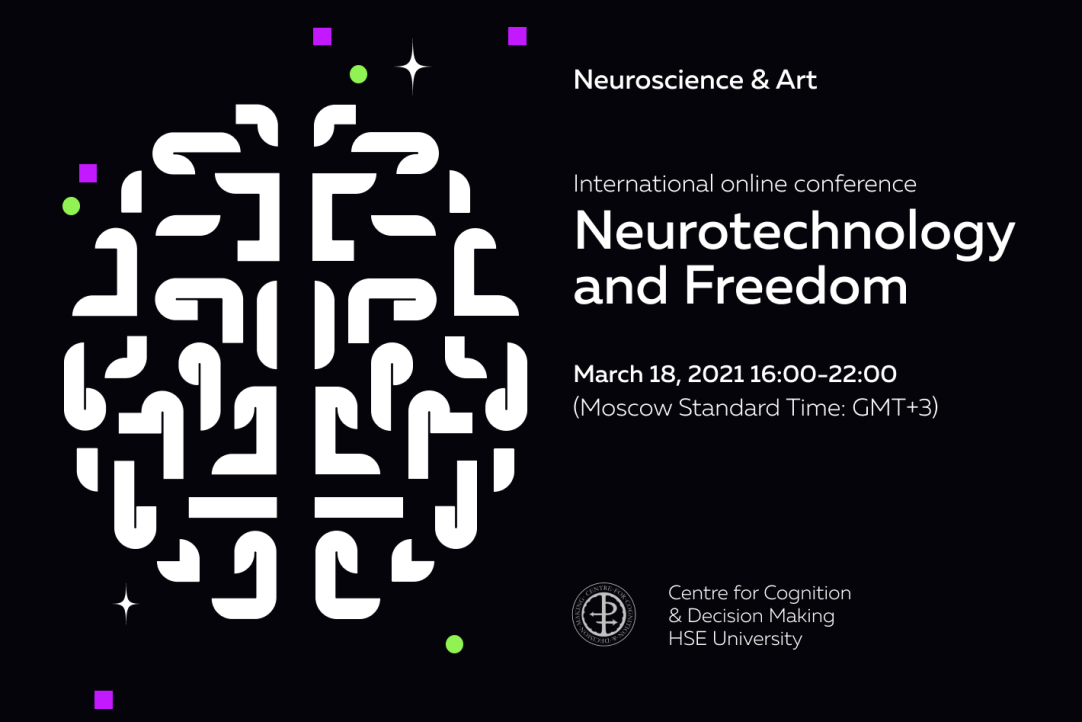
Neurotechnology: The Decline of Freedom or New Horizons for Human Development?
On March 18, HSE University will host the international Neurotechnology & Freedom Conference, which will be held online. In an exchange with HSE News Service, Vasily Klucharev, director of the Institute for Cognitive Neuroscience and tenured professor at HSE University, discussed what views on the compatibility of these two concepts exist in modern science and art.

Why Women in Russia Earn Less Than Men
On average, women in Russia earn 30-35% less than men. According to this indicator, Russia is ahead of many developed countries. The difference in earnings is primarily associated with the uneven distribution of men and women in different industries and professions, but economists cannot explain a significant portion of the discrepancy. Aleksey Oshchepkov, Assistant Professor of the Faculty of Economic Sciences at HSE University, came to these conclusions after analyzing research materials and survey data. The results are published in a chapter of the volume, Gendering Post-Soviet Space, recently published by Springer.
.jpg)
Students after the Pandemic: More Anxiety, Less Aggression
Social isolation and limited interaction with other people during the COVID-19 pandemic have had adverse impact on the mental and physical health of Russian students. These are the findings of a survey conducted by HSE University and the Centre of Cross-Cultural Psychology and Ethology of the Institute of Ethnology and Anthropology of the Russian Academy of Sciences (RAS).

